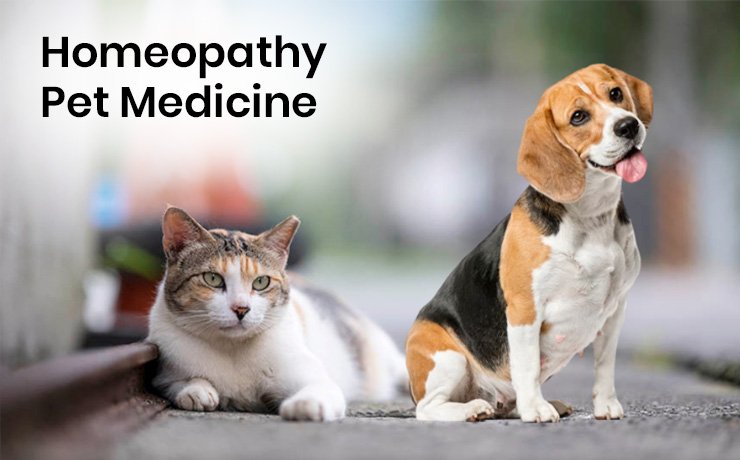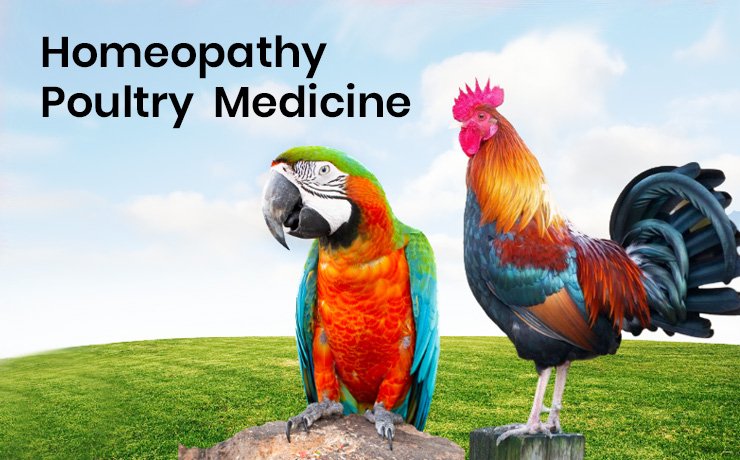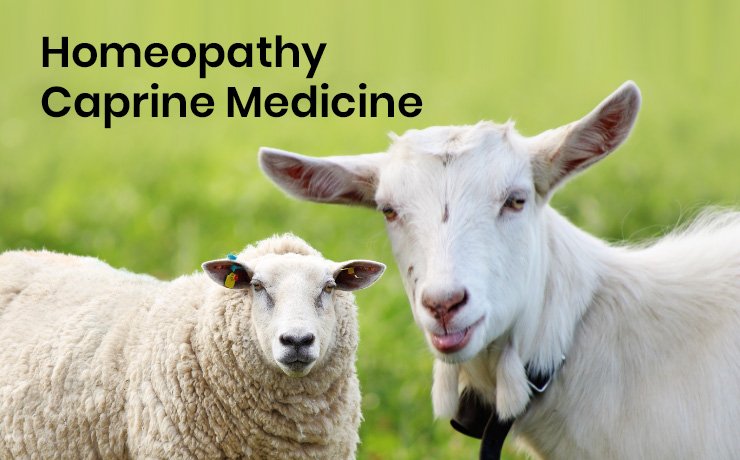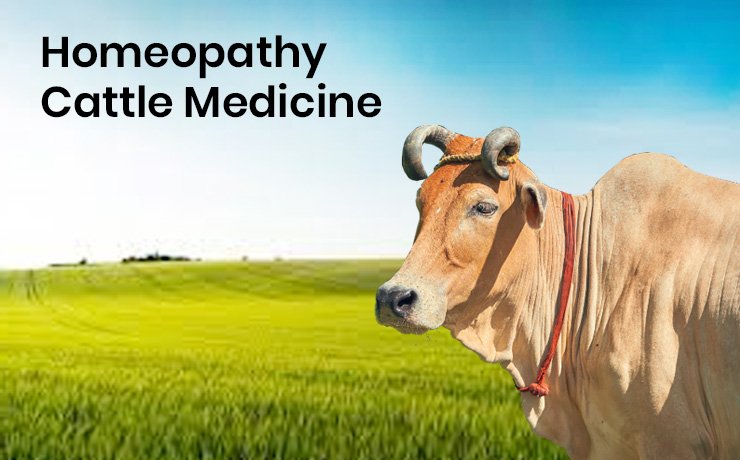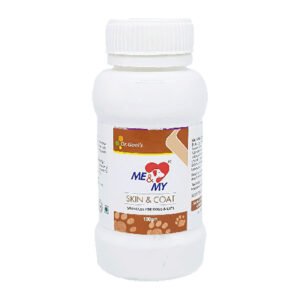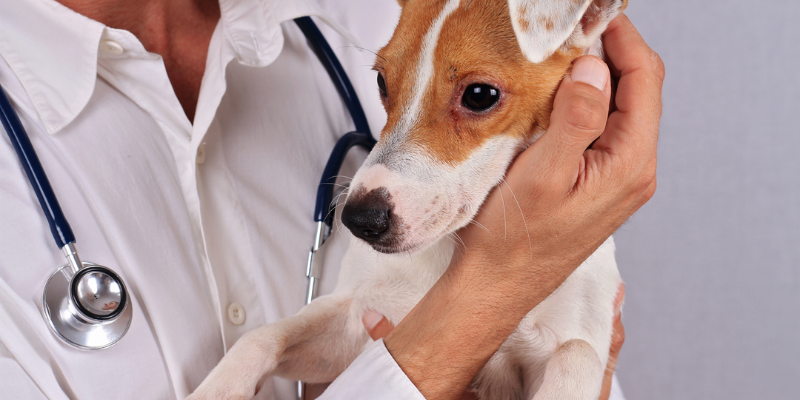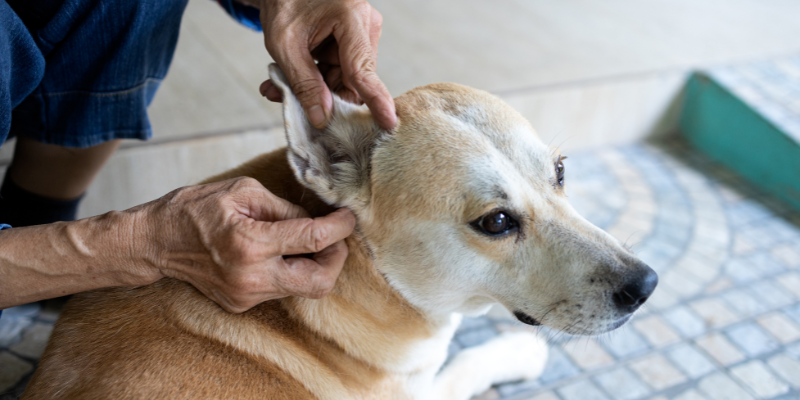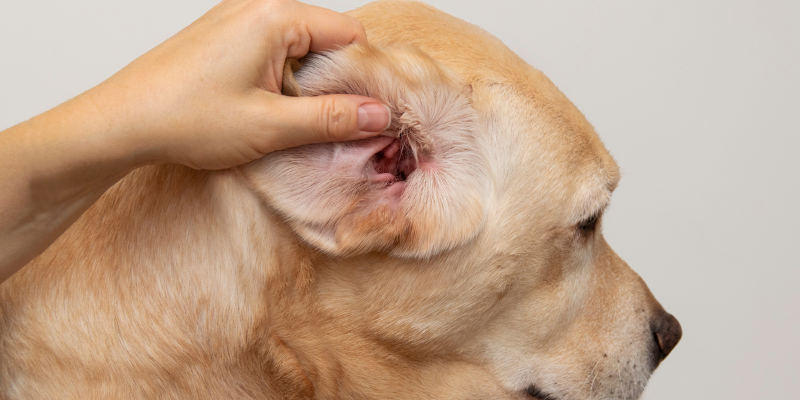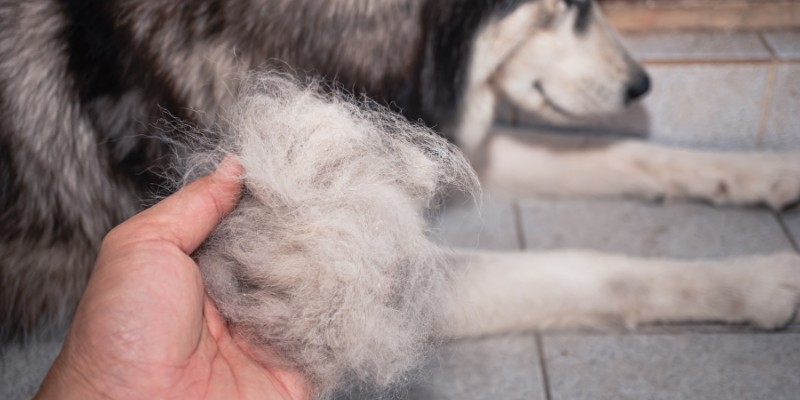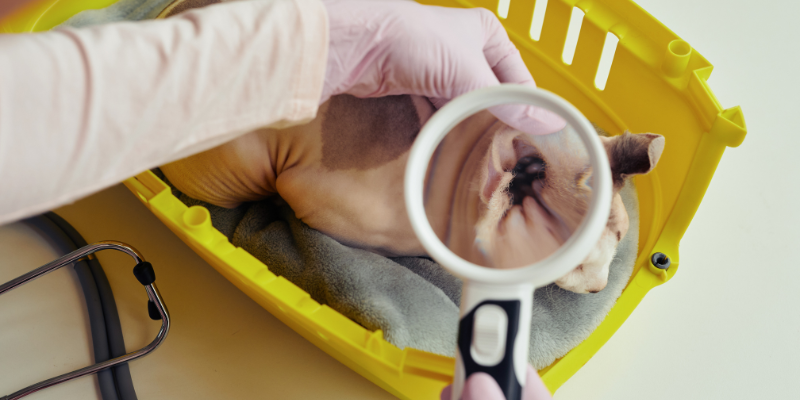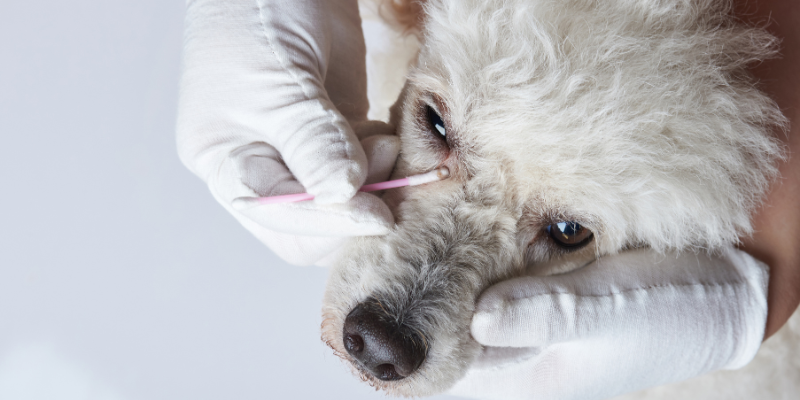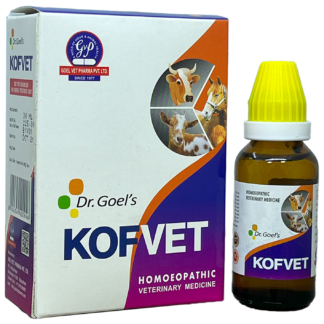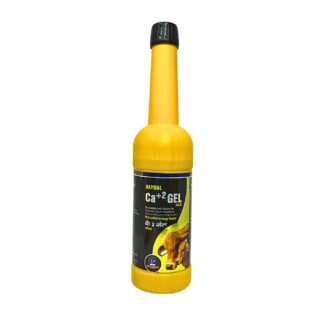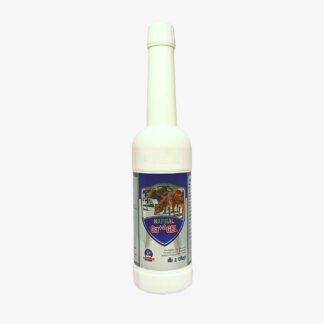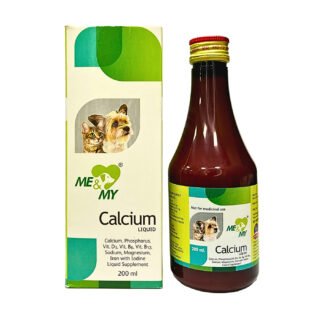Itch-Free Friends: A Comprehensive Guide to Pet Skin Care

Our life is complete with the presence of dogs and cats, who make our lives happier and warmer just by their unconditional love and joy. However, watching them constantly scratch and bite themselves can be sad. One or more factors may cause itchy skin in animals, and the treatment of the cause is vital for the comfort and welfare of the animals. The following blog will provide you with adequate knowledge regarding the proper care of your pet’s skin and tips on how to do so efficiently to keep your pet’s skin free from itches.
Common Causes of Itchy Skin in Pets
India’s hot and humid climate can exacerbate certain skin conditions in pets. Here’s a look at some common causes:
- Food Allergies: Like us, pets can develop allergies to certain ingredients in their food. Itchy skin, vomiting, and diarrhoea can be signs of a food allergy. Consulting a veterinarian for allergy testing and a healthy pet food recommendation is vital.
- Fleas and Ticks: These pesky parasites can wreak havoc on your pet’s skin, causing intense itching and irritation. Regular flea and tick prevention using medication prescribed by your veterinarian is essential.
- Mange: This parasitic skin disease caused by mites can be highly contagious and requires prompt veterinary attention. Early diagnosis and treatment with dog and cat skin infection medicine are crucial.
- Environmental Allergies: Dust mites, pollen, and even mould can trigger pet allergies, leading to itchy skin, excessive licking, and inflammation.
- Bacterial and Fungal Infections: Skin wounds, moisture build-up, and underlying health conditions can create a breeding ground for bacterial and fungal infections, causing itching and discomfort.
Recognising the Signs of Itchy Skin

Being vigilant and proactive is key to maintaining your pet’s skin health. Early detection of itchy skin allows you to address the problem before it worsens, preventing further discomfort for your pet. Watch out for these signs in your pet, and if you notice any, take immediate action:
- Constant Scratching and Chewing: This is the most apparent sign of itchy skin.
- Redness, Inflammation, and Scabs: Itchy skin can lead to secondary skin infections, causing redness, inflammation, and scabbing.
- Hair Loss: Excessive scratching and irritation can lead to patchy hair loss.
- Restlessness and Discomfort: Itchy skin can disrupt your pet’s sleep and overall well-being, making them restless and uncomfortable.
Early detection of itchy skin is crucial since it will allow the owner to manage the situation before it worsens and the pet’s comfort is severely impacted. You will need to watch for pets that run, bark, or are overweight if you want to ensure they are healthy. Be alert for the previously discussed symptoms, like excessive itch, inflammation, and baldness. If you observe any of the symptoms listed, don’t get worried, but go to your pet veterinarian. The diagnostic stage can assist the veterinarian in treating the infectious disease promptly, as early intervention is often effective in preventing complications and rapid recovery of your pet. Just keep in mind that veterinarians can also tell where a nutritious pet food option can be found if you suspect the possibility of a food allergic reaction, provide bathing guidelines based on the breed and coat of the dog, and recommend a flea and tick prevention that is appropriate to the age and lifestyle of your pet.
Check Out Our Product : – STRESSZA for Pets 30ml For Stress & Anxiety
How to keep your pet's skin healthy and itch-free

Here’s a comprehensive plan to keep your pet’s skin healthy and itch-free:
- Diet: A well-balanced diet rich in omega-3 and omega-6 fatty acids nourishes the skin and promotes a healthy coat. If you suspect a food allergy, consult your veterinarian for nutritious pet food options.
- Bathing: The frequency of bathing depends on your pet’s breed, coat type, and lifestyle. Consult your veterinarian for a recommended bathing schedule for dogs. Over-bathing can strip away natural oils and worsen dryness. Use a gentle, pet-specific shampoo and avoid human shampoos that can irritate your pet’s skin.
- Brushing: Regular brushing helps remove dead skin cells, dirt, and allergens that irritate your pet’s skin. Brushing cats removes loose fur and prevents hairballs. The brushing frequency depends on your pet’s coat type. Short-haired breeds might need brushing once or twice a week, while long-haired breeds might benefit from daily brushing.
- Parasite Prevention: Regular flea and tick prevention is crucial, especially in India’s warm climate. Your veterinarian will recommend a product based on your pet’s age, breed, and lifestyle.
- Environmental Management: If your pet has environmental allergies, identify the triggers (dust mites, pollen) and take steps to minimise exposure. Vacuum your home regularly, wash bedding in hot water, and limit your pet’s access to areas with high allergen concentrations.
- Veterinary Care: If your pet’s itchy skin persists despite your best efforts, consult a veterinarian for diagnosis and treatment. Early intervention can prevent complications and ensure your pet’s comfort.
Additional Tips for Pet Owners
- Seasonal Care: India’s monsoons can increase humidity, leading to fungal infections. To prevent moisture build-up, regularly wipe your pet’s paws and folds after walks.
- Medicated Shampoos: If your veterinarian diagnoses a skin infection, they might prescribe a medicated shampoo to treat the condition.
- Probiotics: Probiotics can support your pet’s gut health, indirectly improving skin health. Consult your veterinarian for guidance on probiotic supplements.
- Natural Remedies: After consulting your veterinarian, you can explore natural remedies like coconut oil or oatmeal baths to soothe your pet’s itchy skin.
Conclusion
By investing in your pet’s skin health, you’re investing in their overall well-being. With the steps outlined in this blog, you can establish a comprehensive skincare routine for your pets, ensuring they stay happy, rash-free, and healthy. So, why wait? Start implementing these tips today and see the difference in your pet’s skin health.
Diet plays a significant part. Look for nutrition-rich quality pet food with high omega-3 and omega-6 fatty acids; they provide skin conditioning and help groom healthy coats. When you think your pet is allergic to food, a visit to your local vet to advise you on recommended food and allergy testing can be the next step.
Bathing is significant, but the frequency depends on the pet’s breed, coat type, and lifestyle patterns. Refer to your local veterinarian on what they may recommend when the dogs should be bathed to maintain good hygiene. Prolonged showers or excessive bathing, in addition to harsh soaps, can strip your skin of natural oils, leading to dehydration of your skin and worsening of dryness. Use dog-friendly shampoo, make sure it is made specifically for dog use, and avoid human shampoo with components that can irritate your pet’s skin.
Another essential element is brushing. Brushing regularly will help you eliminate dead skin cells, dust, and other allergens that may irritate your pet’s skin. Cat grooming removes hair that falls off and prevents hairballs. The frequency of brushing depends on how coarse or sleek your pet’s coat is. The level of care required for the short-haired breeds depends on their hair length, and once or twice a week brushing may be enough for them, while for the long-haired breeds, brushing daily might be advantageous.
Flea and tick prevention is necessary, particularly in a warm and humid country like India. Select a product under your veterinarian’s supervision as a preventative measure that combines the pet’s age, breed, and lifestyle. The main reason fleas and ticks attack is to create many problems on your pet’s skin that would lead to severe itching and irritation.
The more you are attentive to your pet’s environmental management, the happier and more comfortable your pet will be. Regarding your pet’s environmental allergies, you should find out what is causing the problem (it is better to look for dust mites and pollen) and avoid the pollutants. Vacuum your home daily, use hot water to wash bed sheets, and keep dust-laden areas away from your pet.
Veterinary care is essential. If your pet’s itch is due to this or other reasons, it is necessary to consult a vet to diagnose and treat your pet correctly. Early interventions will stop the development of complications and guarantee your pet’s well-being. First, they concentrate on analysing the underlying cause, and the correct treatment will be prescribed, including dog and cat skin infection medication, among others, whenever necessary.
If you follow the advice and make it part of your routine, your furry friend will keep their skin healthy and itch-free. Take note of this: healthy skin and a sound pet are just what you’ve been waiting for to experience happiness!
Homeopathic Solution For All Skin Issues in Dogs and Cats
DERMISULE For All Kinds of Skin Issues in Pets:
ME and MY SKIN AND COAT Homeopathic Supplement
ME and MY IMMUNITY Homeopathic Supplement
GOHEAL SPRAY FOR Injury, FMD, and Burns
Must read : – Holistic Healing for Pets: The Power of Natural Supplements for Skin Health
 Australian Shepherd
Australian Shepherd Beagle
Beagle Belgium Shepherd
Belgium Shepherd Bernese Mountain Dog
Bernese Mountain Dog Border Collie
Border Collie Boxer
Boxer Bulldog
Bulldog Cavalier King Charles Spaniel
Cavalier King Charles Spaniel Chihuahua
Chihuahua Cocker Spaniel
Cocker Spaniel Dachshund
Dachshund Doberman Pinscher
Doberman Pinscher Dogo Argentino
Dogo Argentino French Bulldog
French Bulldog German Shepherd
German Shepherd Golden Retriever
Golden Retriever Great Dane
Great Dane Himalayan Shepherd
Himalayan Shepherd Indie Dogs
Indie Dogs Labrador Retriever
Labrador Retriever Pakistani Bully
Pakistani Bully Pembroke Welsh Corgi
Pembroke Welsh Corgi Pitbull
Pitbull Pomeranian
Pomeranian Poodle
Poodle Pug
Pug Rottweiler
Rottweiler Shih Tzu
Shih Tzu Siberian Husky
Siberian Husky Yorkshire Terrier
Yorkshire Terrier Abyssinian
Abyssinian American Bobtail
American Bobtail American Shorthair
American Shorthair Balinese Cat
Balinese Cat Bengal Cat
Bengal Cat Birman
Birman Bombay Cat
Bombay Cat British Longhair
British Longhair British Shorthair
British Shorthair Burmese Cat
Burmese Cat Devon Rex
Devon Rex Exotic Shorthair
Exotic Shorthair Himalayan Cat
Himalayan Cat Maine Coon
Maine Coon Oriental Shorthair
Oriental Shorthair Persian Cats
Persian Cats Ragdoll
Ragdoll Scottish Fold
Scottish Fold Siamese Cat
Siamese Cat Siberian Cat
Siberian Cat Sphynx Cat
Sphynx Cat



















